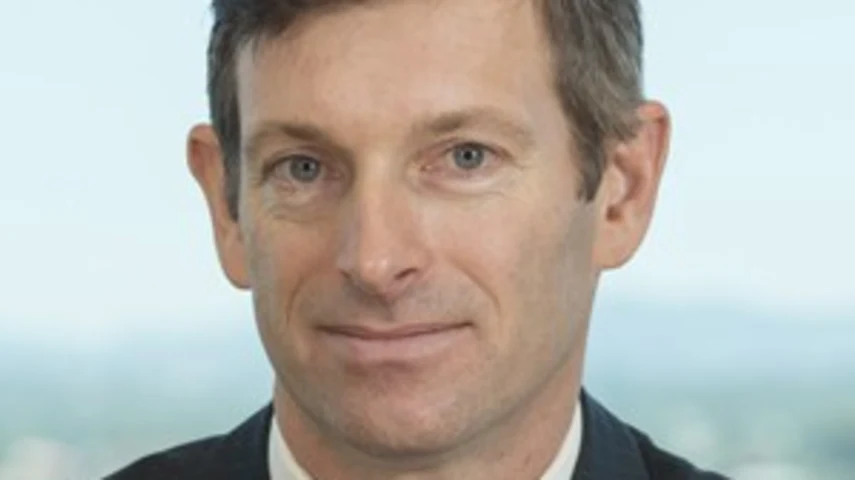Centrepoint result reflects fee for service transition



Centrepoint Alliance believes it is on the right path with its wealth business despite last year's move to a fee for service model clearly impacting its results.
The publicly-listed financial services company reported a 26 per cent decline in underlying profit before tax to $3.2 million, but noted that this was 16 per cent up on the prior period.
In doing so the company noted the degree to which it changed adviser remuneration model had played a part stating that, "the move to a fee for service model in May last year resulted in a drop in adviser fee revenues".
However, it went on to say that this was gradually being offset by strong growth in the professional advisers to the group and that the business also achieved good growth in funds management and salaried advice revenues, partially offset by a drop in product rebates.
In a later investor briefing, the company's managing director, John de Zwart pointed to a strategy premised on a wealth market transformation driven by regulatory and technological change and the ability of advisers to focus on client best interest and operational efficiencies "typically not found in institutional environments".
The company pointed to a strategy based on the continued recruitment and development of quality practices "as institutions reduce their focus on the independent advisers".
It also pointed to the preparation of the salaried advice business for a new phase of growth starting in 2017.
The company declared a fully franked interim dividend of one cent per share.
Recommended for you
LGT Wealth Management is maintaining a neutral stance on US equities going into 2026 as it is worried whether the hype around AI euphoria will continue.
Tyndall Asset Management is to close down the Tyndall brand and launch a newly-branded affiliate following a “material change” to its client base.
First Sentier has launched its second active ETF, offering advisers an ETF version of its Ex-20 Australian Share strategy.
BlackRock has revealed that its iShares bitcoin ETF suite has now become the firm’s most profitable product line following the launch of its Australian bitcoin ETF last month.











